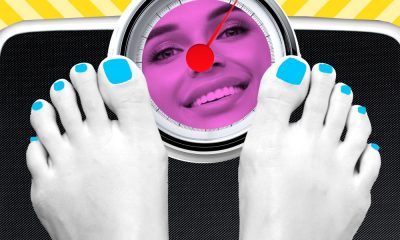Anti-abortion as well as pro-abortion groups are waiting for a ruling from a federal judge in Texas with bated breath. The ruling, expected as early as Friday, might see abortion medication taken off the markets across the U.S.
It all started with a lawsuit, demanding the revocation of the U.S. Food and Drug Administration’s (FDA) approval of mifepristone–the abortion drug–and its removal from the market.
If the ruling is made in favor of the plaintiffs, an injunction on mifepristone would be put in place that would even affect states where the procedure is still legal.
Even if mifepristone becomes unavailable, misoprostol, another drug used in combination with it, would still be accessible. However, it’s not approved by the FDA to be used for abortions on its own.
The ruling will spell doom for abortion access, abortion rights groups fear. The decision will further restrict abortion after the Supreme Court overturned Roe v. Wade last summer.
“This would be devastating,” Kirsten Moore, director of the EMAA (Expanding Medical Abortion Access) Project, told ABC News. “This would be taking an FDA-approved drug off the market for no public health reason.”
For the unversed, mifepristone works by blocking the hormone progesterone, which is vital to continue a pregnancy. Blocking the hormone stops the uterine lining from thickening and it breaks down, causing the embryo to dislodge. Misoprostol is taken 24 to 48 hours later, and its role is to contract the uterus and dilate the cervix, which will discharge the embryo.
Mifepristone was authorized by the FDA, more than two decades ago, in 2000. The drugs are approved to be used for up to 10 weeks gestation in the U.S., the World Health Organization, on the other hand, allows the use of the drugs until the 12th week.
In November 2022, the lawsuit was filed by Alliance Defending Freedom (ADF), a Christian conservative legal advocacy group, on behalf of four anti-abortion medical groups and four physicians, claiming to have prescribed the drug to treat patients.
According to the ADF, the FDA “chose politics over science and approved chemical abortion drugs for use in the United States,” as per the lawsuit.
“This case is unusual because it’s challenging a drug that’s been on the market for over 20 years and extremely safe,” Rabia Muqaddam, a senior staff attorney at the Center for Reproductive Rights, told ABC News.
“The evidence that they suggest shows medication abortion is unsafe, has been repeatedly rejected by the FDA. And despite the claims having very little legal merit, and the plaintiffs not really having any injury, this case, has the potential to really undermine the remaining access to abortion that exists,” Muqaddam further said.
The case was filed in Amarillo, Texas, and assigned to U.S. District Court Judge Matthew Kacsmaryk, who was nominated by former President Donald Trump.















